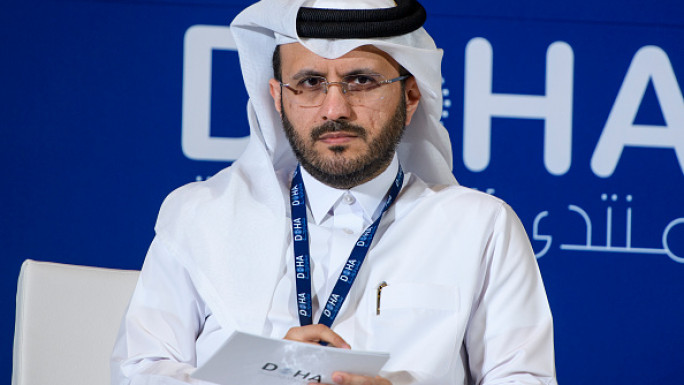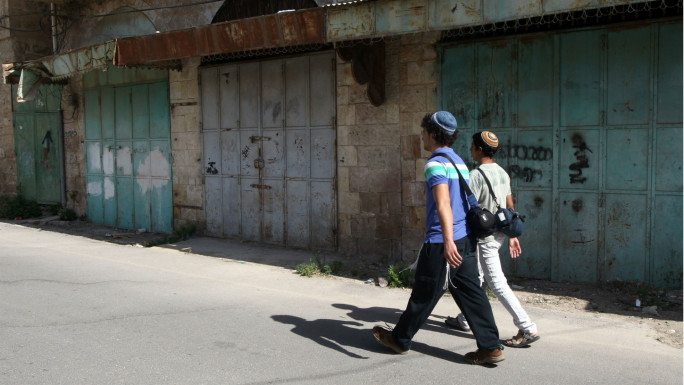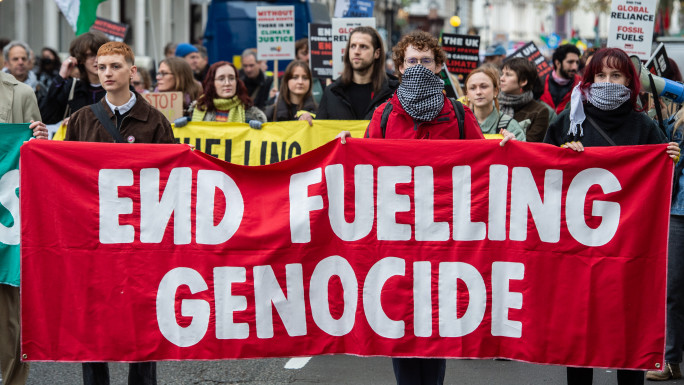Hamas to conceal successor of Yahya Sinwar, mulls over contenders
Hamas issued a statement this week, saying that they will be keeping the identity of the individual set to replace Yahya Sinwar as leader of the group concealed.
The decision to hide the successor’s identity comes following Israel’s killing of Sinwar earlier this month and the killing of Hamas’ political chief Ismail Haniyeh in Iran in July.
Multiple sources quoted in local media have said the group is currently discussing who the new successor will be, reiterating that they will keep the decision under wraps due to growing security risks.
According to a report in Asharq Al-Awsat, the decision is aimed at giving the new chief more freedom to operate and avoid Israeli assassination attempts.
A source added that keeping the information hidden will also help maintain internal order and protect the group’s structure.
There are several protentional candidates that are being considered, local reports have said.
One potential successor is Mohammad Darwish, also known as Abu Omar Hassan, who currently holds the role of head of Hamas’ Shura council. He has gained more attention since the killing of Haniyeh, appearing more often in official meetings.
Another option is Khalil Al-Hayya, Sinwar’s deputy. Al-Hayya became a notable figure in Gaza following Sinwar’s killing. He currently leads Hamas in Gaza and is responsible for engaging in ceasefire talks and setting the terms for a potential deal.
A key contender could also be Khaled Meshaal, who led Hamas’ political bureau for around 21 years and now heads the groups external branch.
Some reports that Meshaal has previously rejected key roles due to health reasons, however it is unclear if he would accept this role.
Other names suggested have been Mohammed Nazzal, originally from the West Bank and has been a part of Hamas since it was founded, and Mousa Abu Marzoul, who co-founded Hamas and was the first head of the group’s political bureau.
Hamas has previously concealed the identity of its leaders, particularly after Israel assassinated the founder, Ahmed Yassin, and his successor Abdel Aziz Al-Rantisi.
Sinwar was killed on 17 October, with his last moments alive showing him wearing military attire and draped in a keffiyeh as he was engaged in battle with Israeli forces in Tel al-Sultan.
In a last act of defiance, Sinwar can be seen attempting to hit the drone camera that captured the footage with a stick.
![Yahya Sinwar and Ismail Haniyeh were both killed by Israel [Getty]](/sites/default/files/styles/large_16_9/public/2024-10/GettyImages-898714644.jpg?h=85e56ae9&itok=TId2bn7v)
![Sabra neighbourhood strikes [Getty]](/sites/default/files/styles/image_684x385/public/2185030803.jpeg?h=a5f2f23a&itok=6AkMT_OO)




 Follow the Middle East's top stories in English at The New Arab on Google News
Follow the Middle East's top stories in English at The New Arab on Google News


